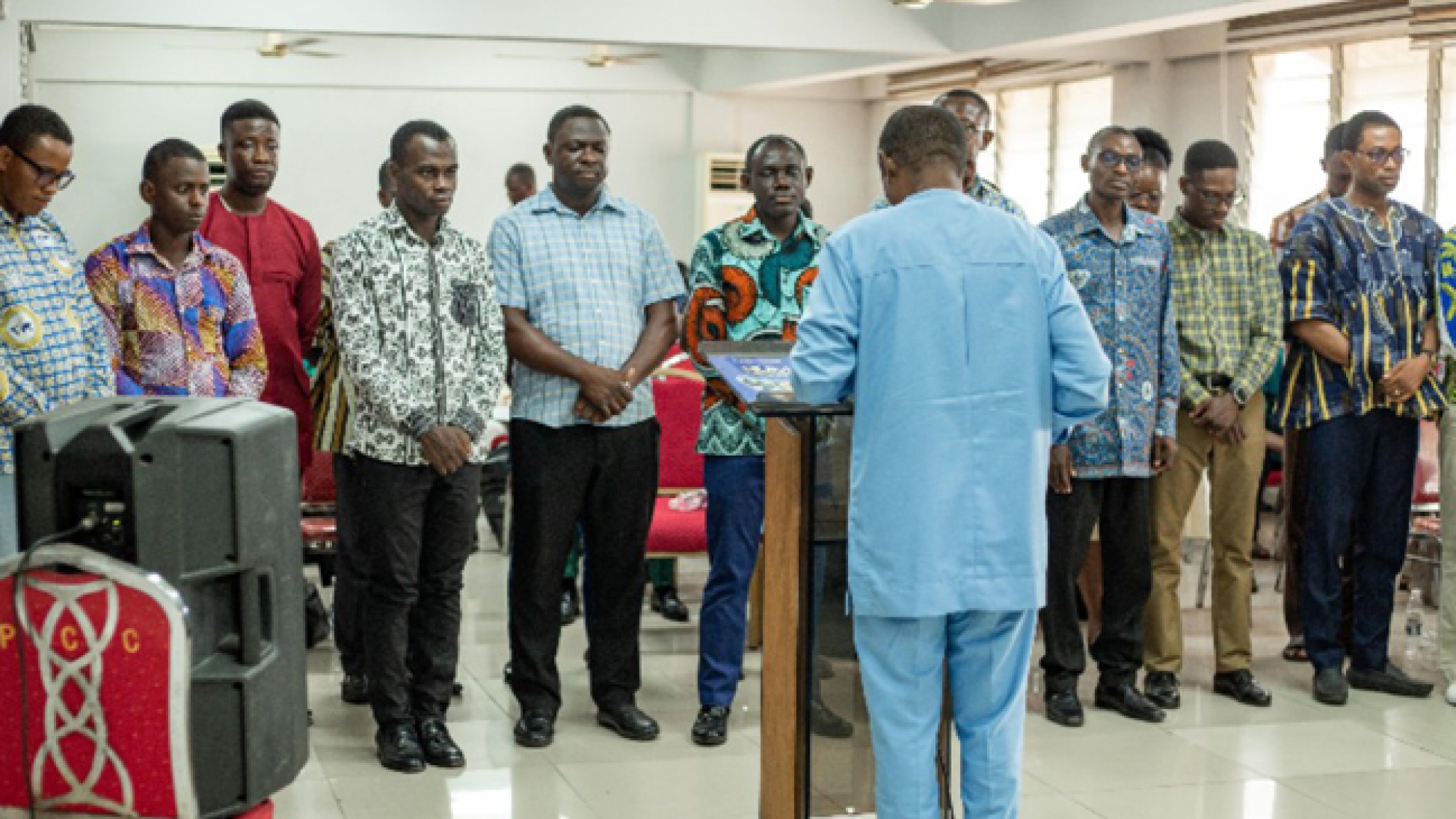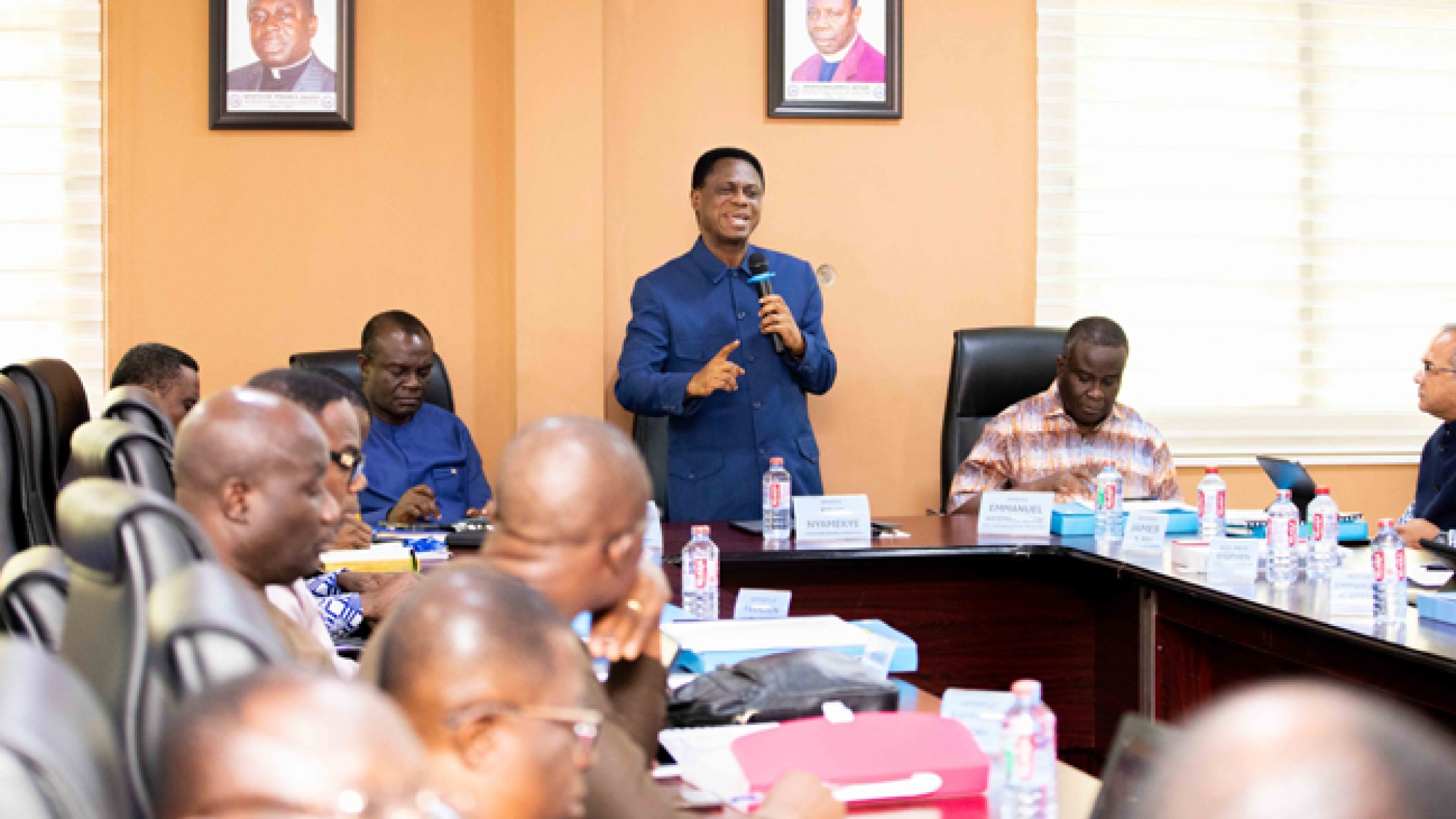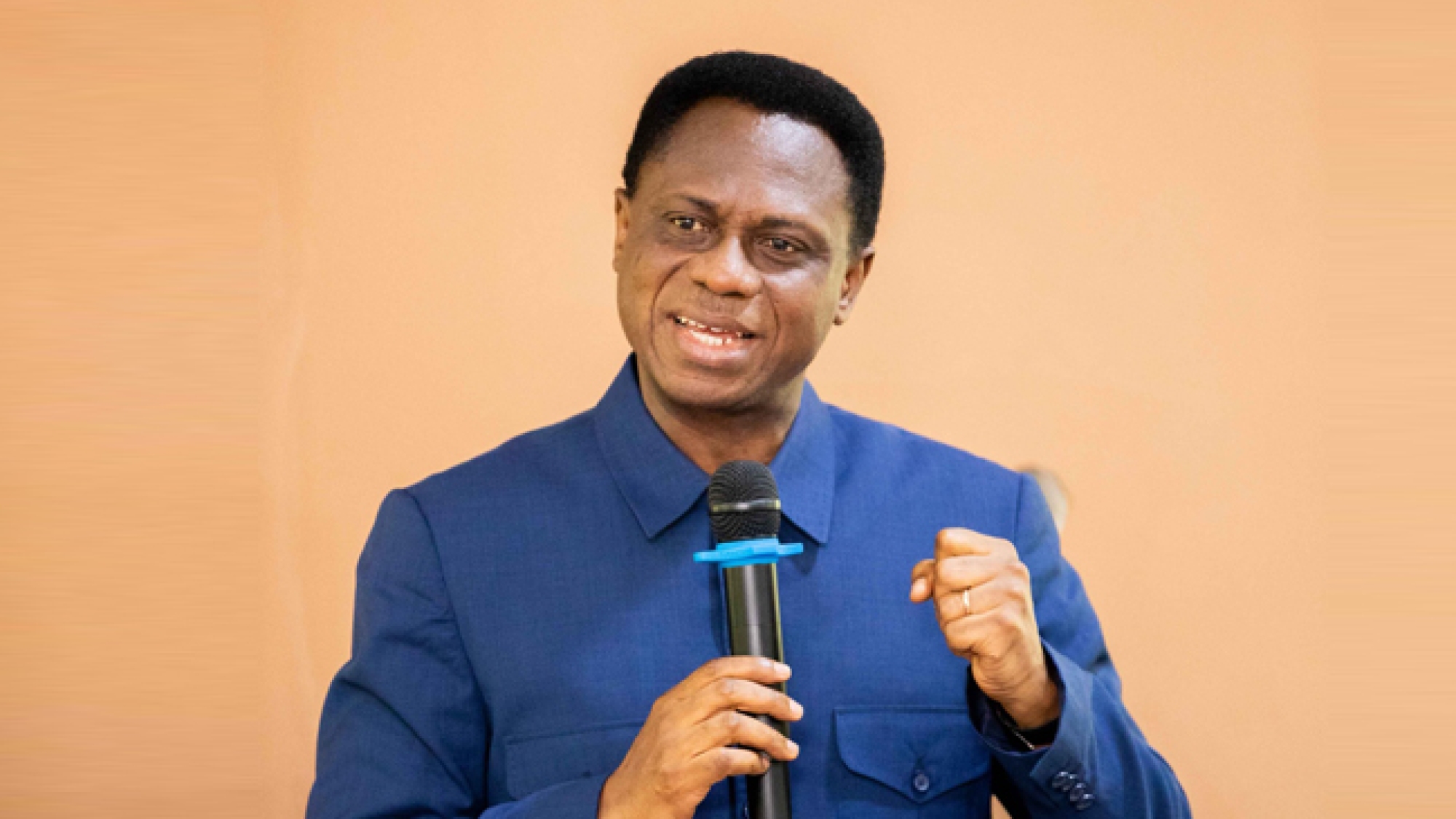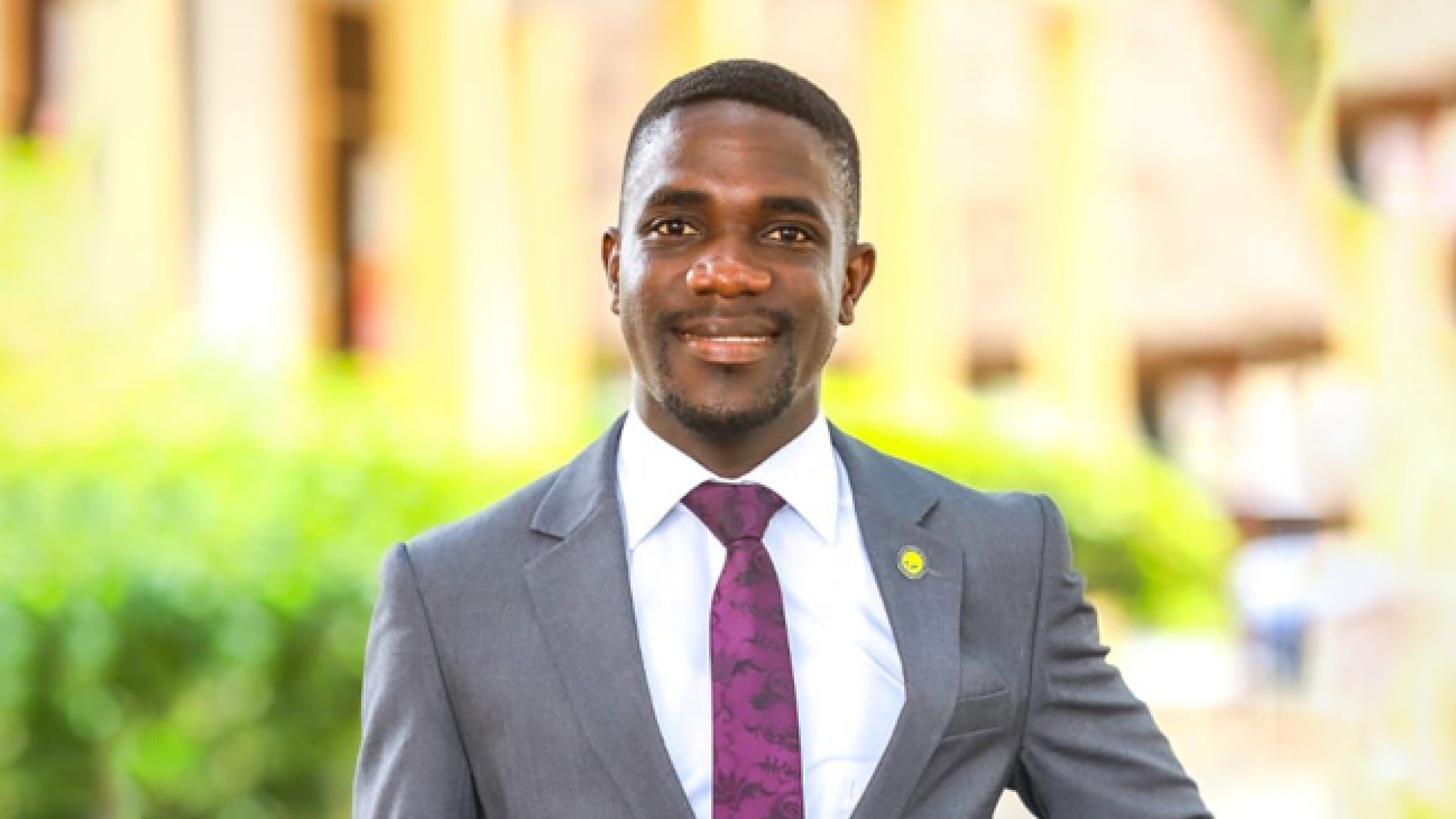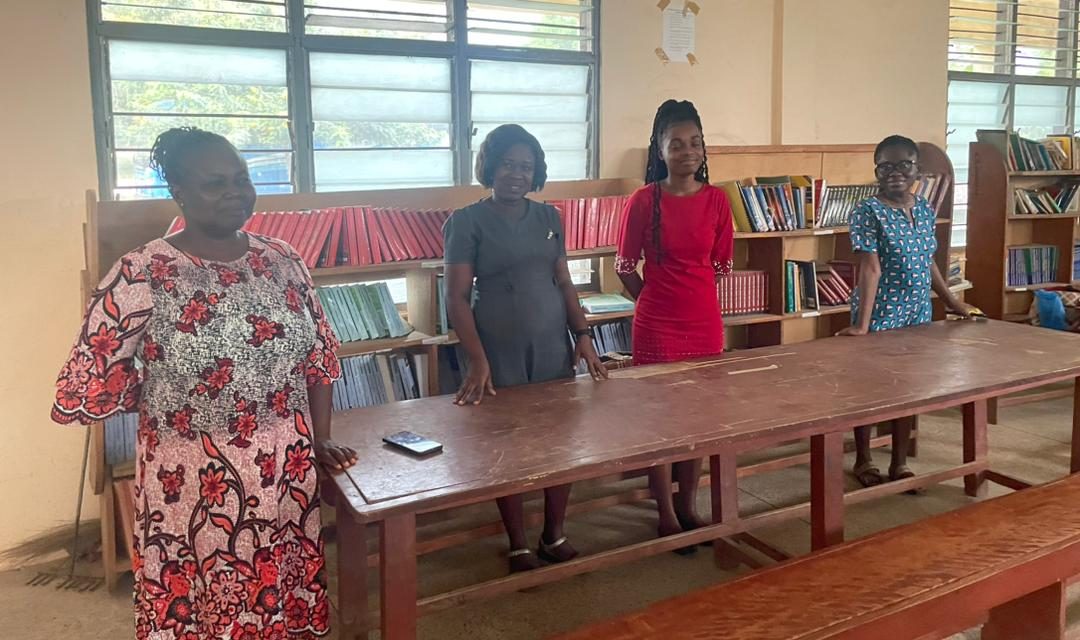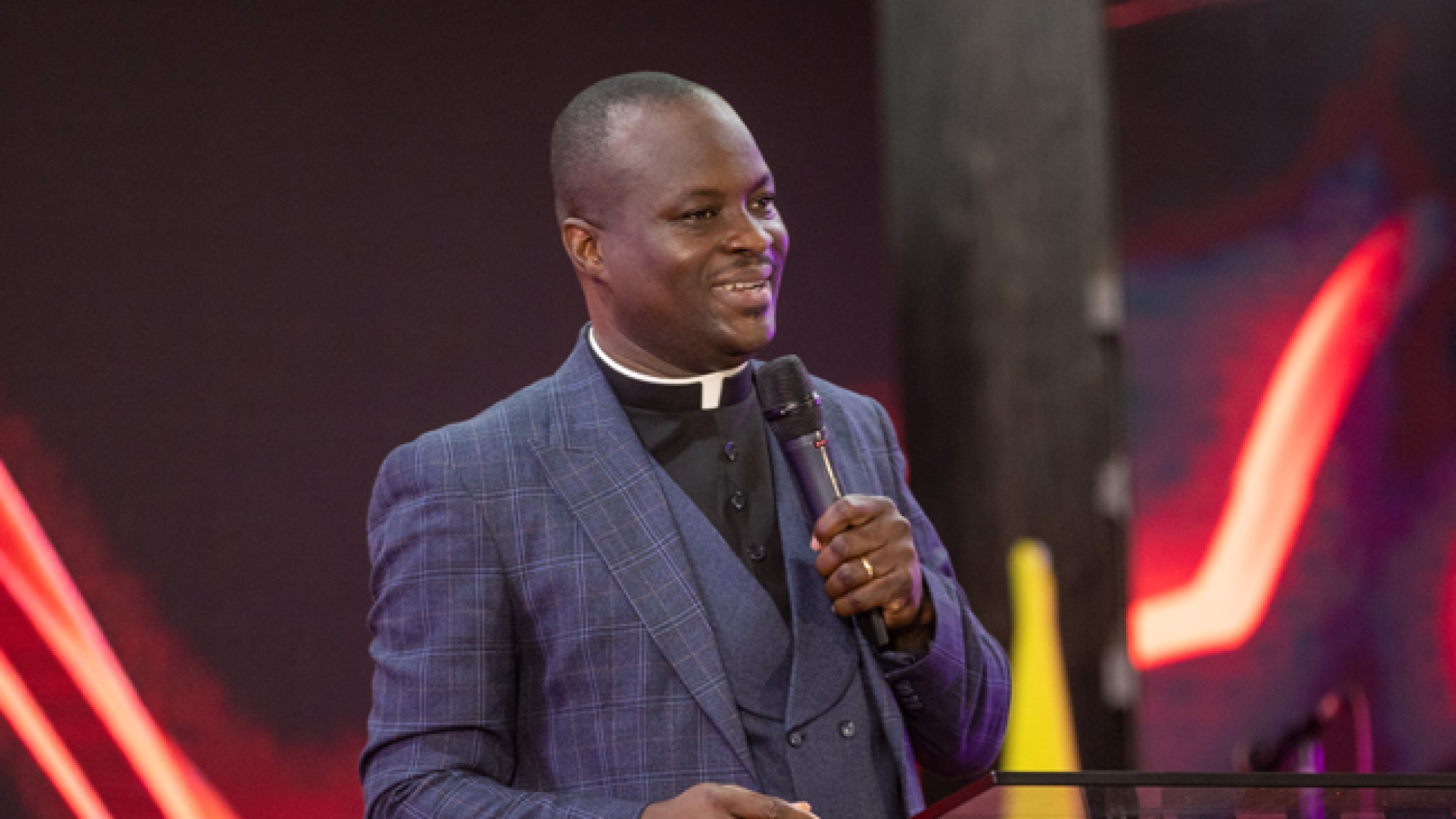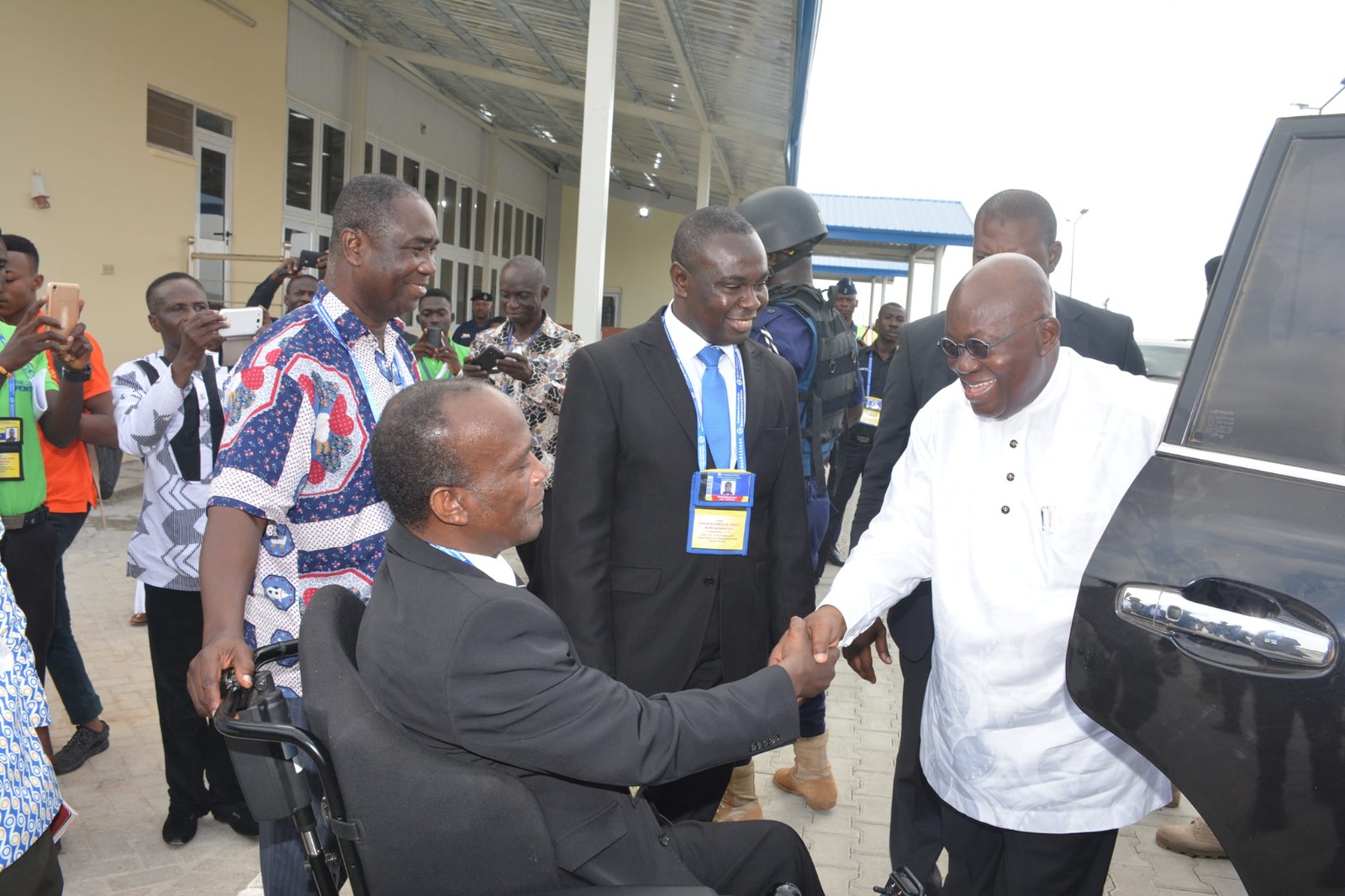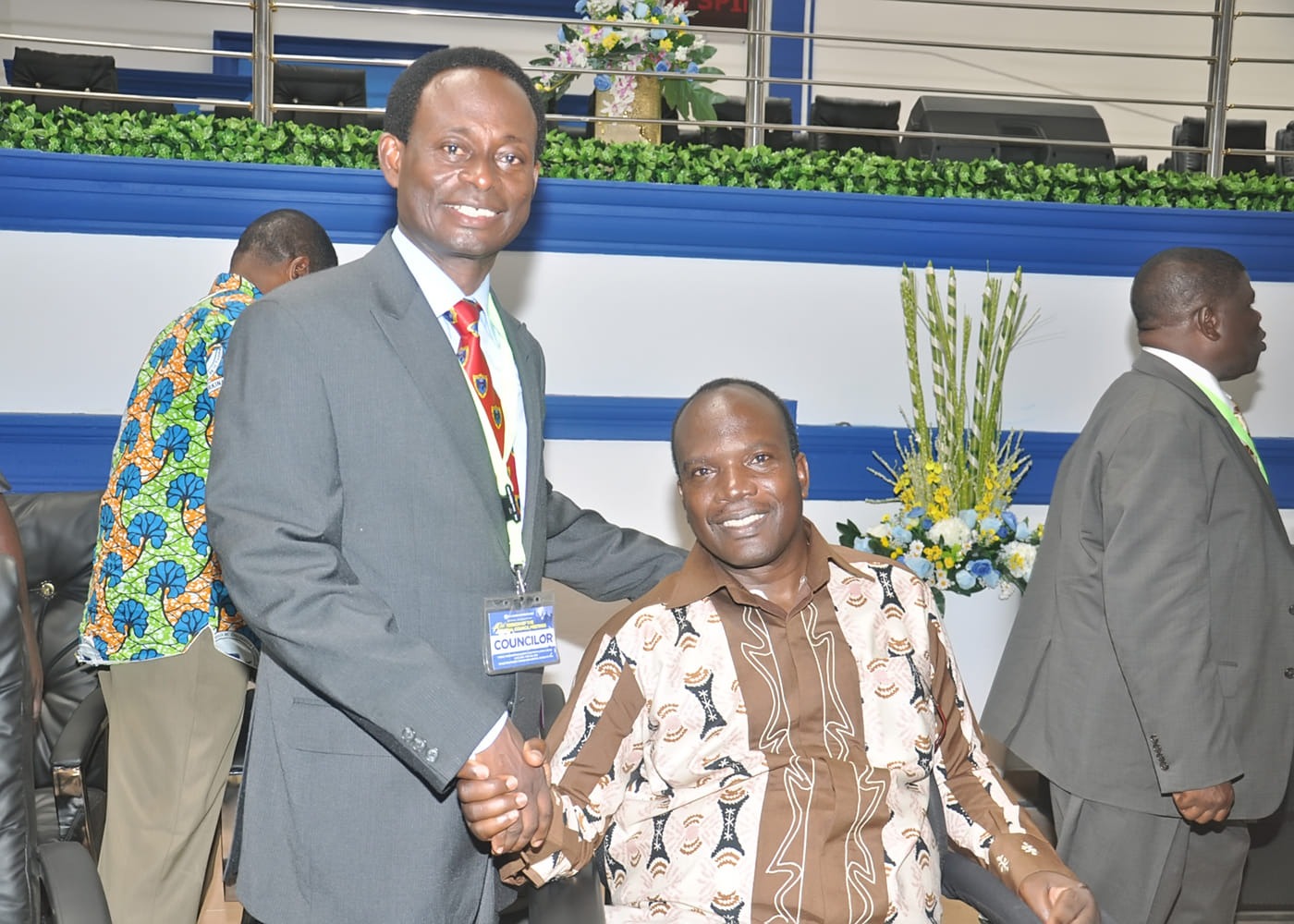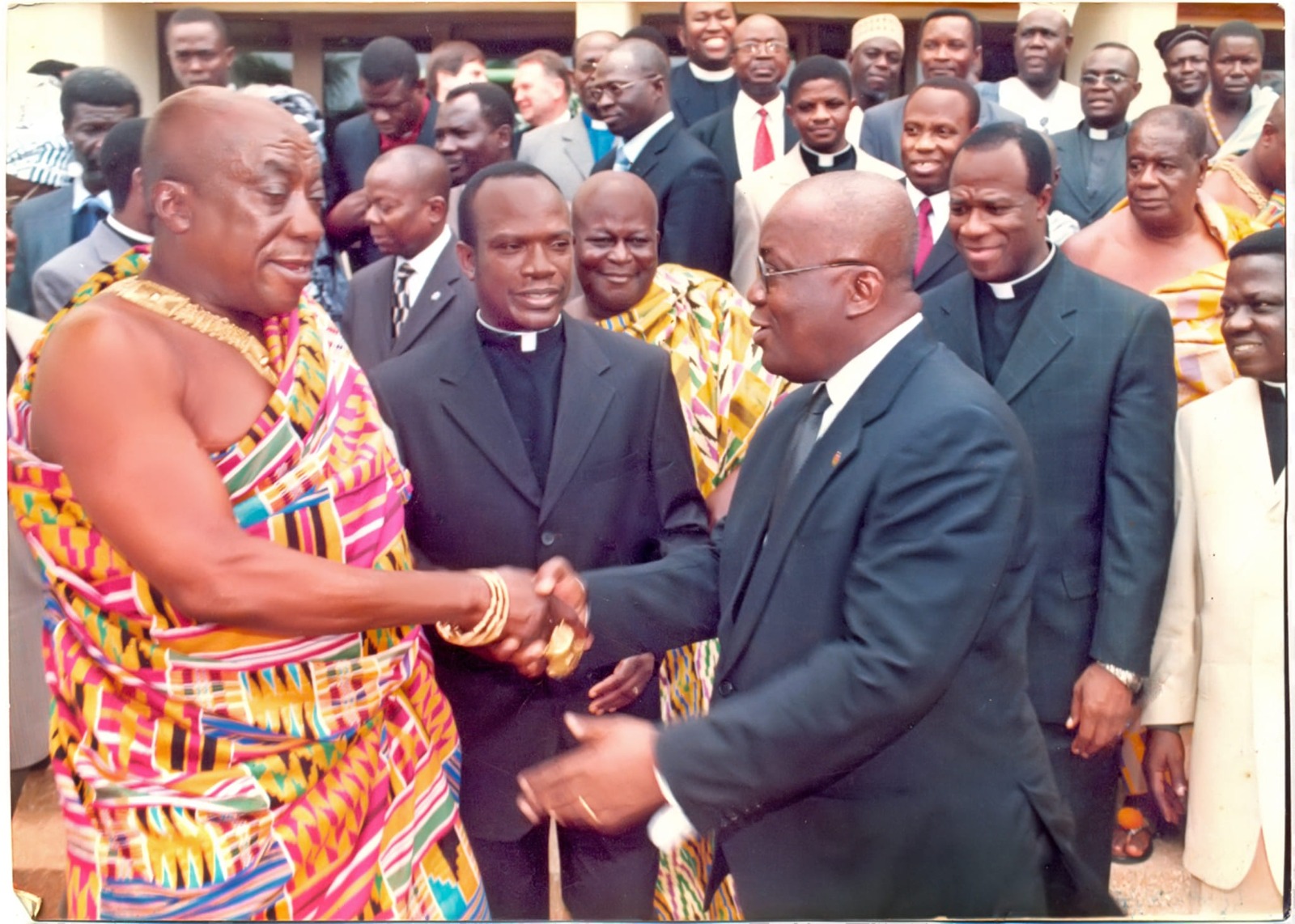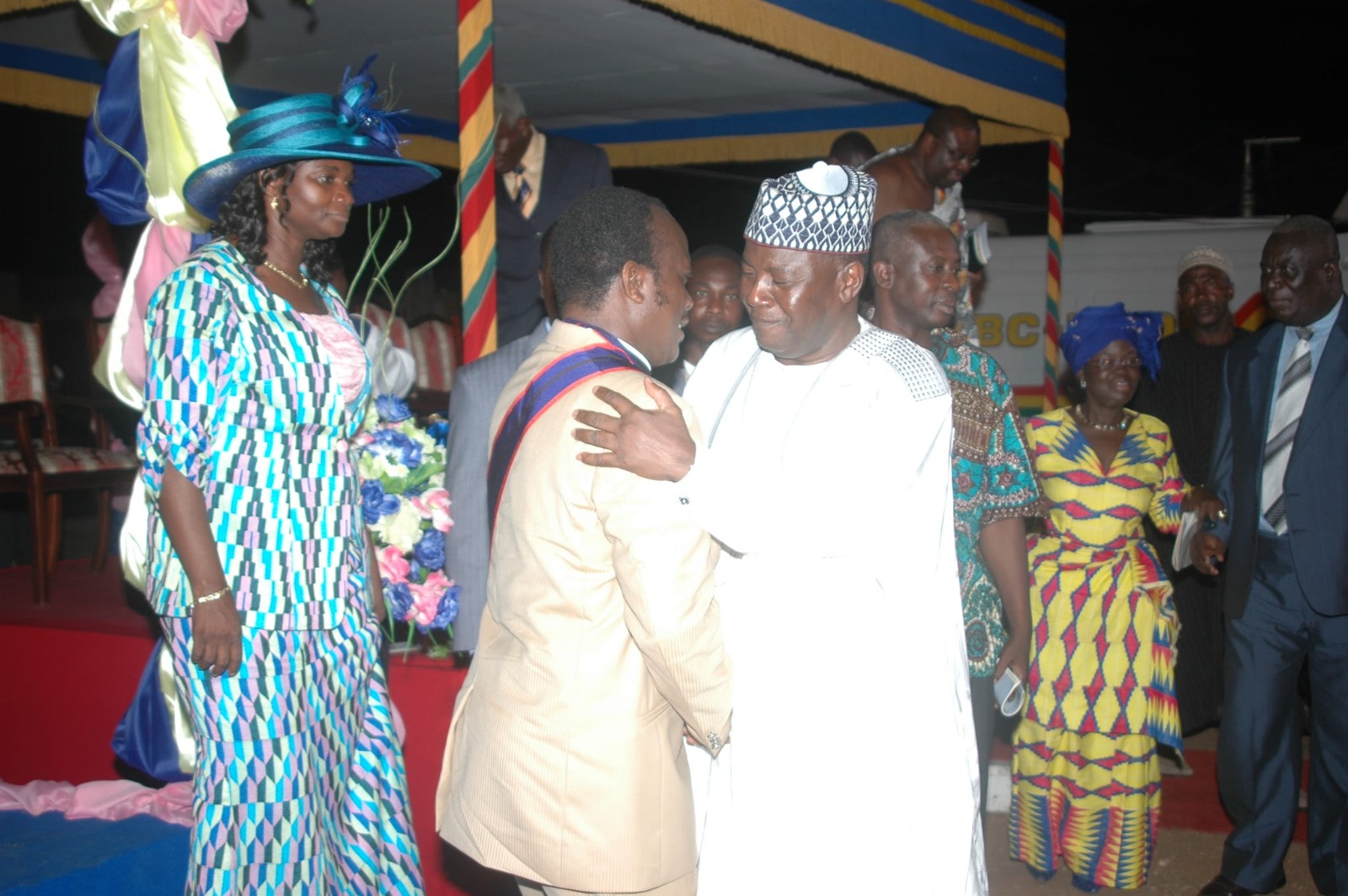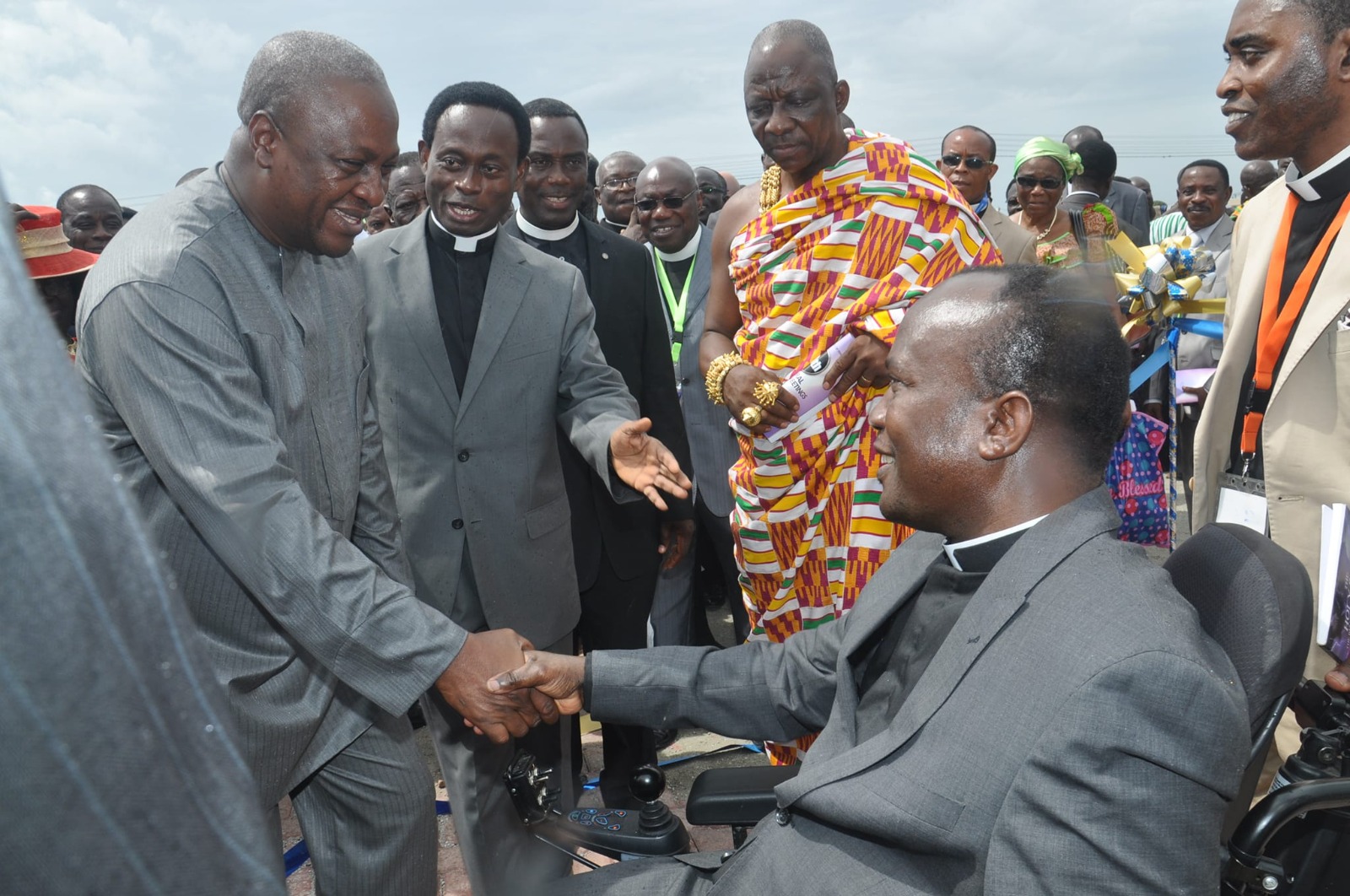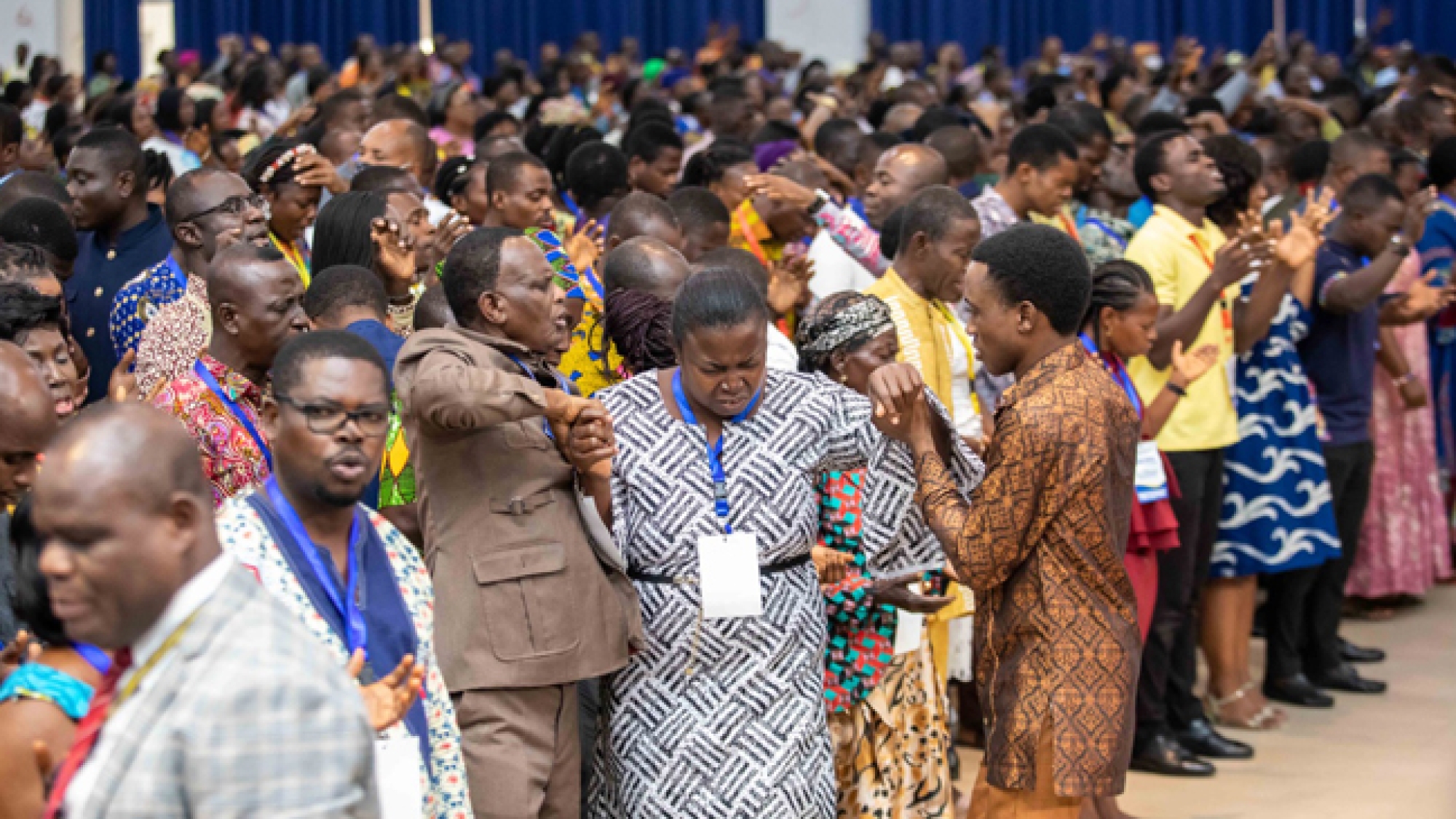Marriage is honourable, as the Bible says, and the bed is undefiled; however, it warns that God will judge whoremongers and adulterers (Hebrews 13:4).
The honourability of our marriages and relationships depends on how undefiled our matrimonial beds and spiritual garments are. God detests sexual assault, immorality, and adultery. Yes, “He really does”!!
The above scripture states that God will judge all adulterers and whoremongers (fornicators). I beseech you to keep your body and garment from defilement and contamination through any immoral act or engagement, as it may consequently ruin your life, health, and destiny.
The Bible advises, “See that no one is sexually immoral or godless like Esau, who, for a single meal, sold his inheritance rights as the oldest son. And afterwards, when he wanted his father’s blessing, he was rejected. It was too late for repentance, even though he wept bitter tears” (Hebrews 12:16-17).
Dear young or married person, don’t trade your birthright (your spiritual heritage) by involving yourself in any form of sexual immorality or sin. Furthermore, fornication or sexual sin is a sinful act that wages war against our soul (1 Peter 2:11), ruining us and leading us on the path of destruction. Sex outside marriage or fornication is one of the greatest weapons the devil uses to castigate many potential destinies and frustrate them from fulfilling their divine purpose.
In Revelation 2:20, Jesus spoke to the church in Thyatira about Jezebel, who misleads God’s servants into sexual immorality and fornication. Sadly, in our days, Satan, through this same spirit and deceptive means, is seducing most young people and misleading them through the evil desires and pleasures of the flesh to sin sexually.
In 1 Corinthians 6:18-19, the Apostle warns us to flee from fornication or sexual sin because it is a sin that, when done, destroys God’s temple, which is our body. He repeats in 1 Thessalonians 4:3 that it is God’s will that we should be sanctified, avoiding sexual immorality.
Dearly beloved, let us live wisely and not unwisely (Ephesians 5:15). Today being Valentine’s Day, be vigilant because the devil is seeking whom to bring down completely and devour through sex. Dear young ones, don’t exchange your destiny, pride, dignity, and value for sex. That fleeting pleasure and lustful desire would amount to nothing after engaging in sex immorally.
The Bible says, “By faith Moses, when he had grown up, refused to be known as the son of Pharaoh’s daughter. He chose to be mistreated along with the people of God rather than to enjoy the pleasures of sin for a short time” (Hebrews 11:24-25). Like Moses, refuse to be a daughter or son of this evil world and choose to be part of God’s people living for purity and holiness rather than enjoying the pleasures of sin for a short while. 2 Timothy 2:22; Paul told Timothy to “Run away from infantile indulgence. Run after mature righteousness — faith, love, peace — joining those who are in honest and serious prayer before God” (MSB). Discipline your sexual appetite, live righteously, and morally live for God and for your own good. Don’t be deceived!!
DEARLY BELOVED, DON’T BE NEGLIGENT IN CERTAIN SINFUL ACTIONS YOU TAKE; THEY MAY RESULT IN ROUGH CONSEQUENCES AND DESTROY YOUR DESTINY. Starve your appetite for pre-marital sex, dear young or married man/woman; discipline your sexual hunger for someone’s wife or husband. It can wage war against your soul and deteriorate your destiny; flee from it any time it crouches at your door.
Written by Elder David Gyamfi (PIWC-West Hills)









